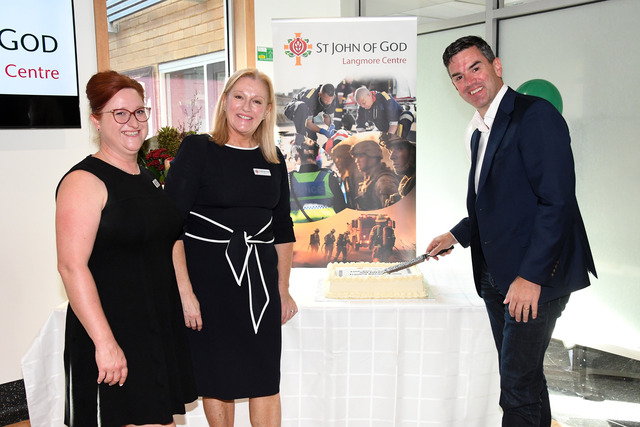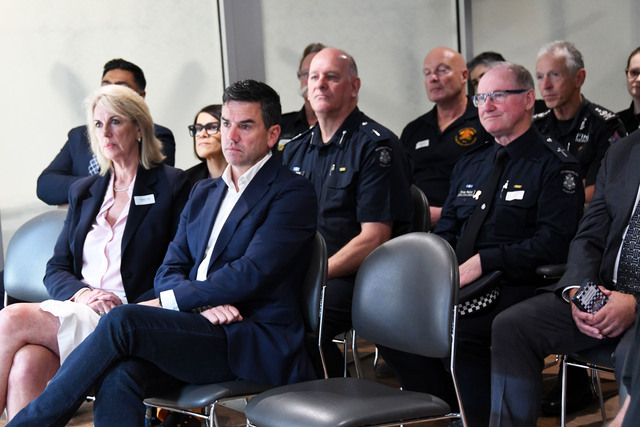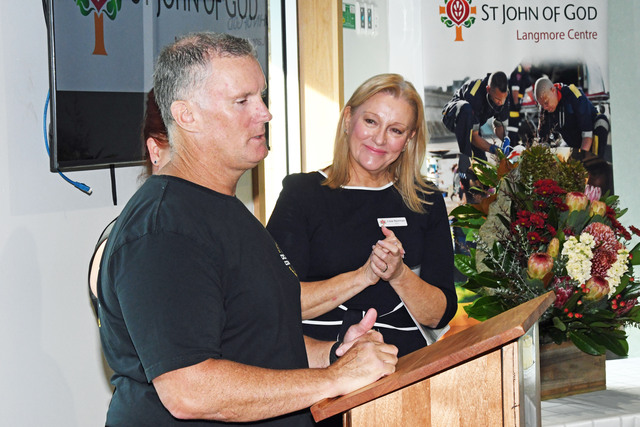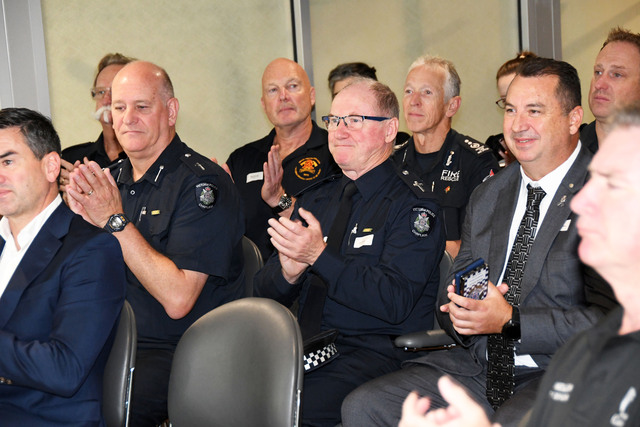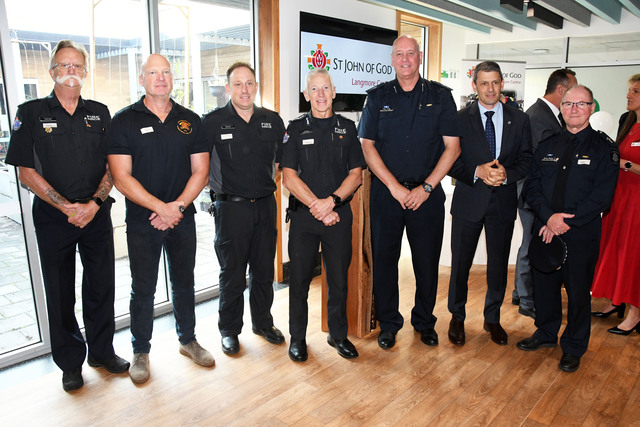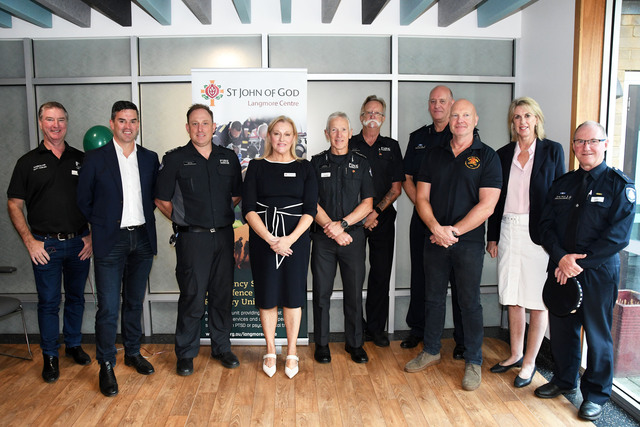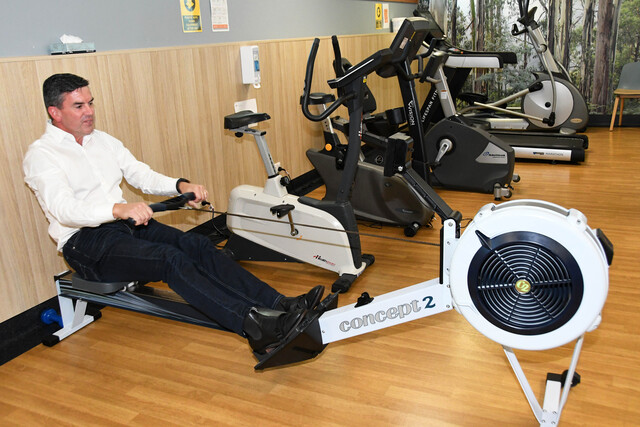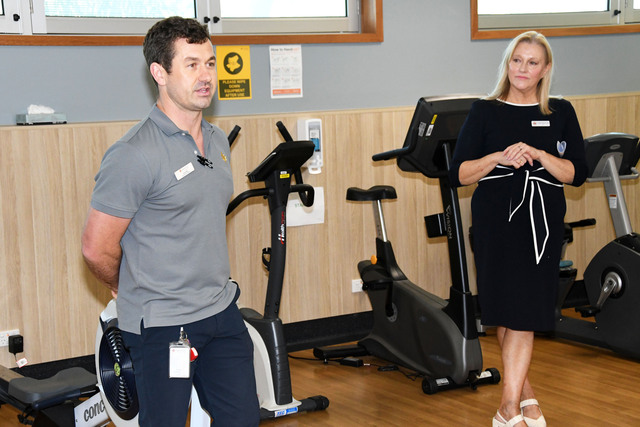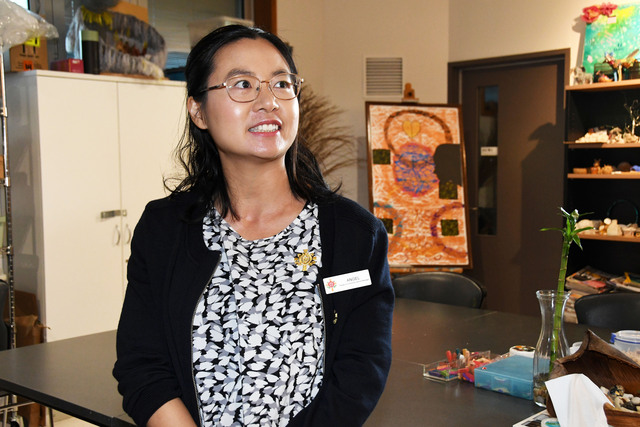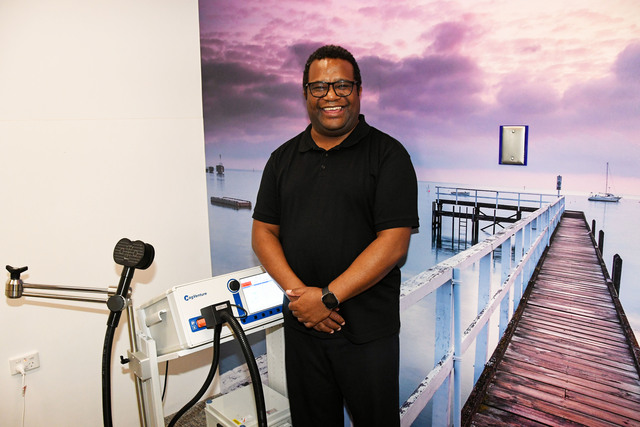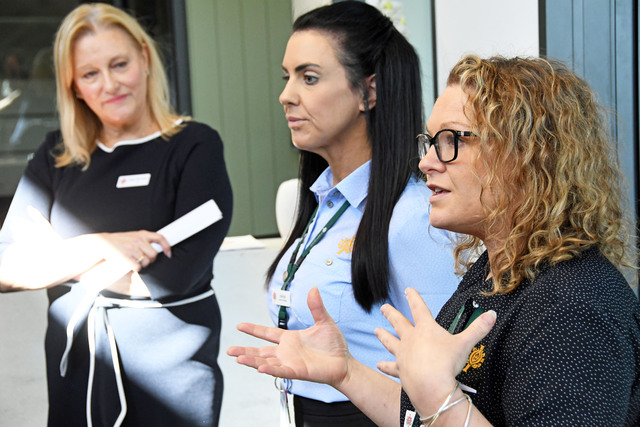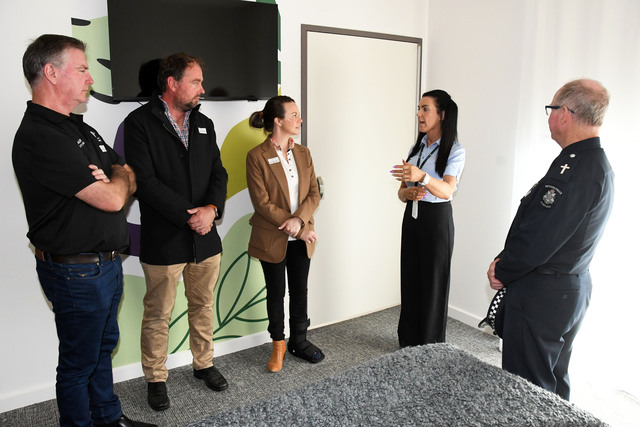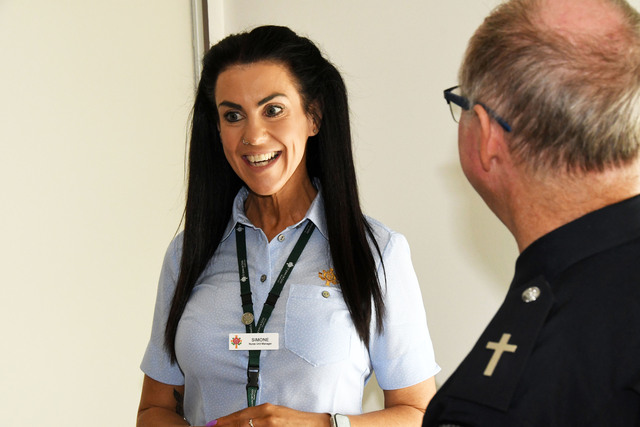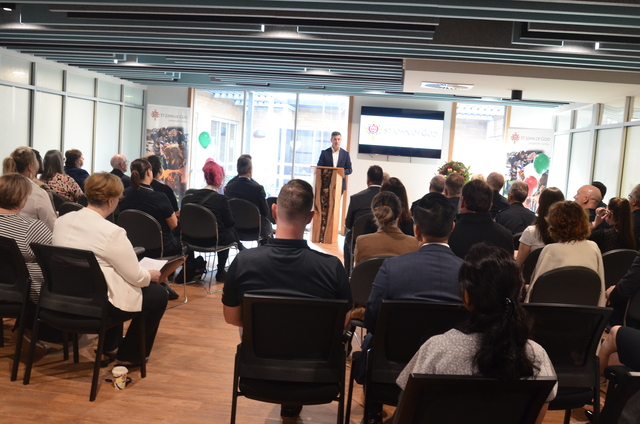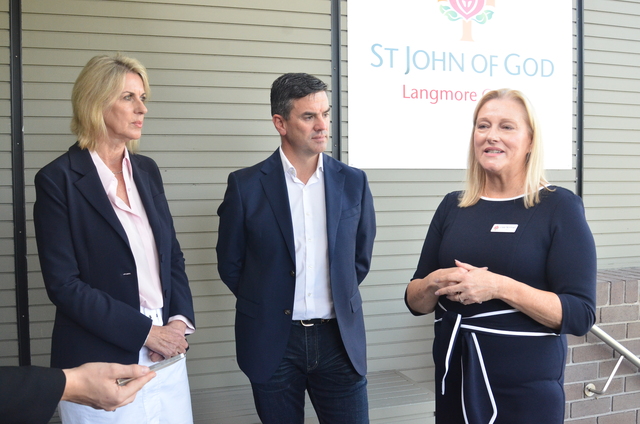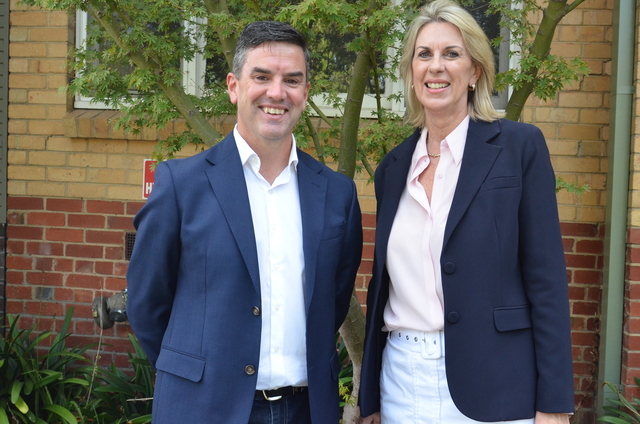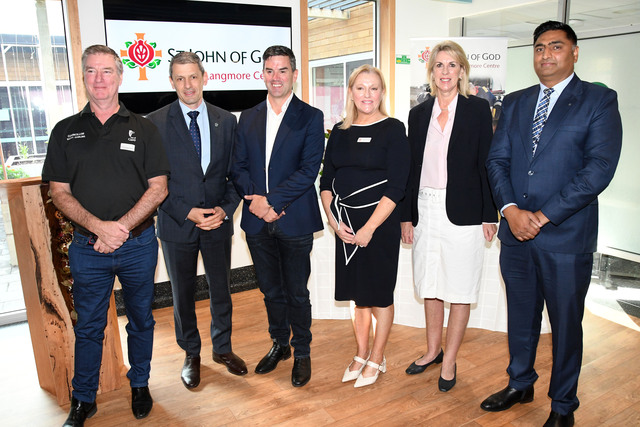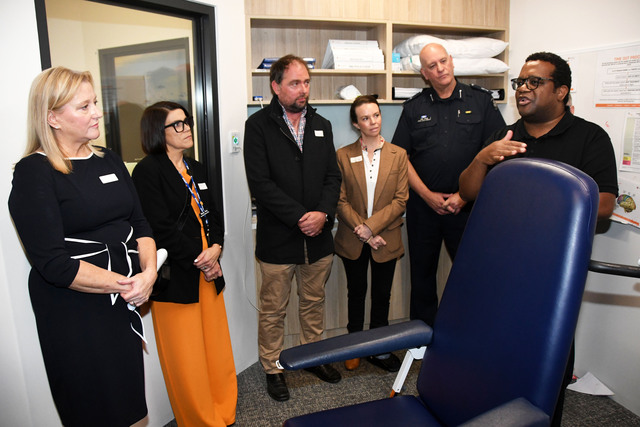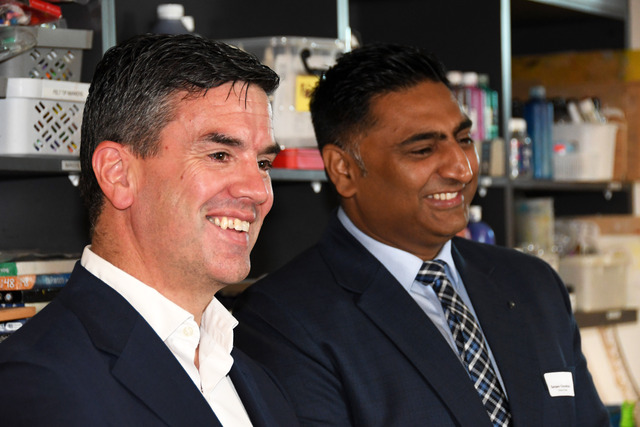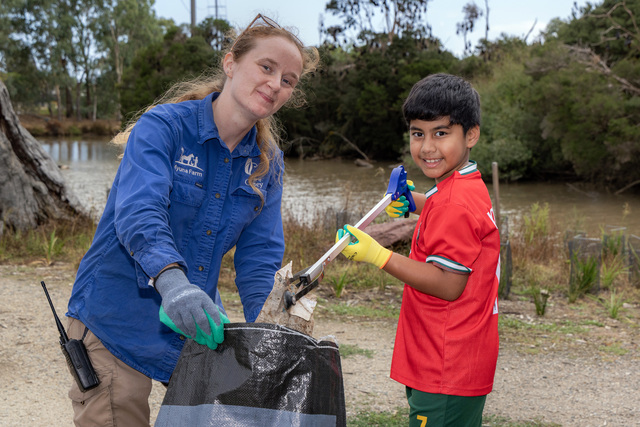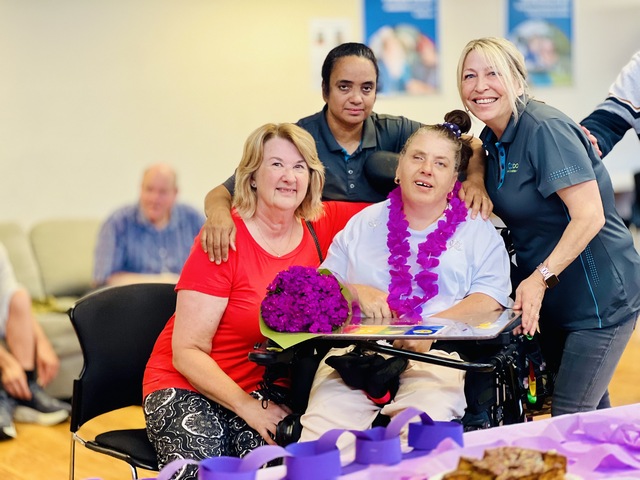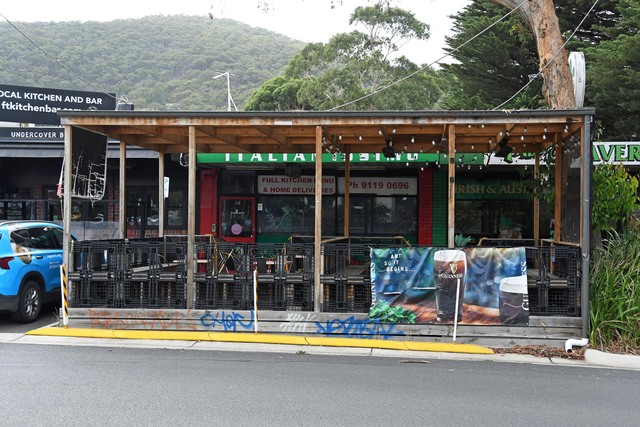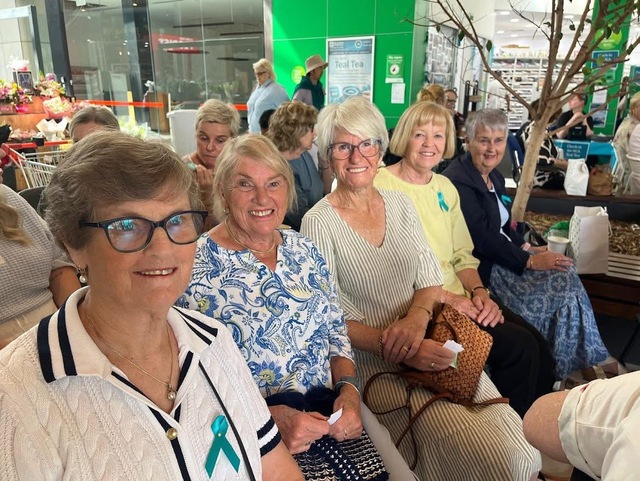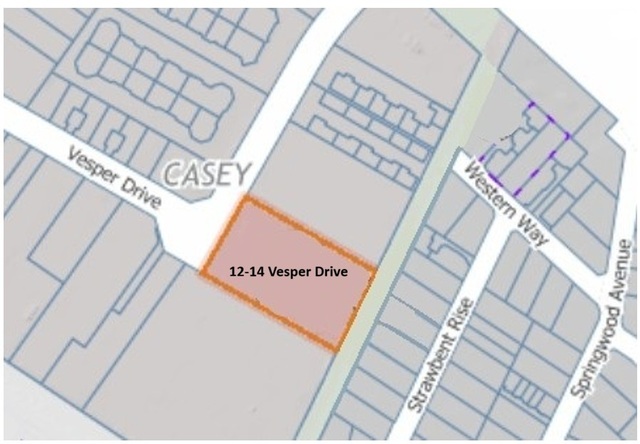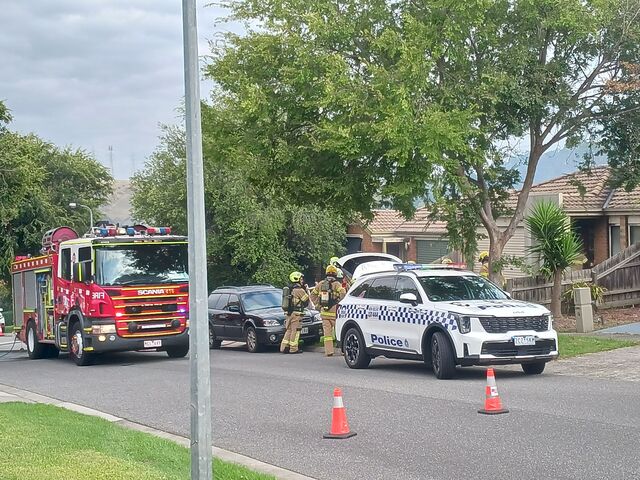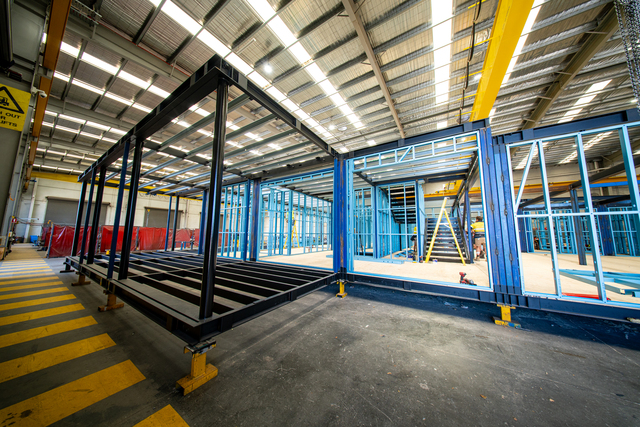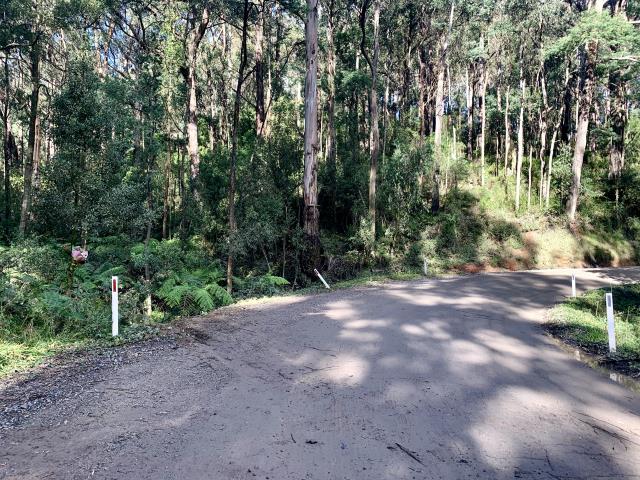With an unprecedented demand for mental health care across the country, St John of God Health Care is proud to announce the opening of a specialised trauma recovery unit for emergency services and defence force personnel at its Langmore Centre in Berwick.
Leader of the Opposition, Brad Battin, and Shadow Minister for Health, Georgie Crozier, attended the official opening ceremony, with representatives from emergency services and the Australian Defence Force on March 28. Guests had the opportunity to tour the unit, view the impressive facilities and learn more about the compassionate psychological care offered.
The purpose-built facility is the first of its kind in Melbourne’s south-east, delivering specialist, trauma-informed mental health care tailored to the unique needs of veterans and emergency service personnel.
The new Emergency Services and Defence Trauma Recovery Unit, which became operational on 24 February 2025, offered secure, holistic care with tailored inpatient care and day programs provided by trauma-focused clinicians.
St John of God Health Care South East Melbourne Hospitals CEO Lisa Norman said it is important for emergency services workers and defence personnel to know that they are not
alone and that we are here, ready to support them.
“It’s important for people to know that there are treatments and support available to help them manage their symptoms and regain control of their lives. The most challenging step
is recognising there is a problem and finding access to the right programs. Our goal is to instill hope, guiding patients and their families towards a brighter future,” Ms Norman explains.
Research shows that cumulative exposure to trauma in emergency and defence services can lead to increased alcohol abuse, aggression, domestic violence and suicidal thoughts.
Studies also reveal that stigma and a lack of understanding about long-term trauma exposure can hinder access to treatment.
The new unit has been developed in response to community need and is designed to provide targeted care to people whose mental health can be directly impacted by the work
they perform.
Emergency services and defence force personnel face unique challenges, with one in seven at risk of post-traumatic stress disorder (PTSD). Associated conditions like depression,
anxiety, chronic pain, anger, drug and alcohol reliance, relationship and sleep issues are also common.
Mr Battin said the new facility would provide a vital support network for those who dedicate their lives to protecting others.
“First responders and veterans experience trauma in a way most of us will never understand. This facility recognises the weight of that burden and offers the care, respect and recovery options they deserve,” Mr Battin said.
“As someone who worked in Victoria Police, I know how critical it is to ensure support is close to home. This centre will change – and save – lives.”
The facility is set to begin trauma day programs in May, with services available to those with referrals from a GP or psychiatrist. Treatment can be funded via DVA, WorkCover or private health insurance.
Belinda Bozykowski, who has been advocating for such a service for years after losing her husband, a police officer to suicide 12 years ago, shared her hopes.
“I was widowed at the age of 30 with two young boys. So it’s been a bit of a journey to try to explain to them why their father made the choice to end his life,” she said.
“I would like to make sure that there’s at least one other family, police family, fire family or ambulance family, that won’t be in my position.
“I still think back that if 13 years ago we had something like this, this could have been the one thing that could have made him maybe see that there was life at the end of the disease that he was succumbing to. It could have made all the difference, but I guess we won’t know. But it will definitely make a difference to other members, absolutely!”
Warren, the first patient to arrive five weeks ago, reflected on his remarkable journey.
“I lost colleagues to murder and suicide. I think back and think about how I could have reached out to that person if I’d known that that’s what they were suffering,” he said.
“We suffer in silence, and it takes a lot of courage to put your hand up and say, I need help.
So when I got here five weeks ago, walking through those doors, down that corridor, it was a really daunting place to be.
“I retired in 2022, and it’s taken me until now to get the help that I need and this place has been one of those opportunities that is life-changing. It’s not just for me, it’s for my family and my children as well.
“Little kids don’t need to grow up with a parent that’s been damaged because of what they’ve seen throughout their career.”

